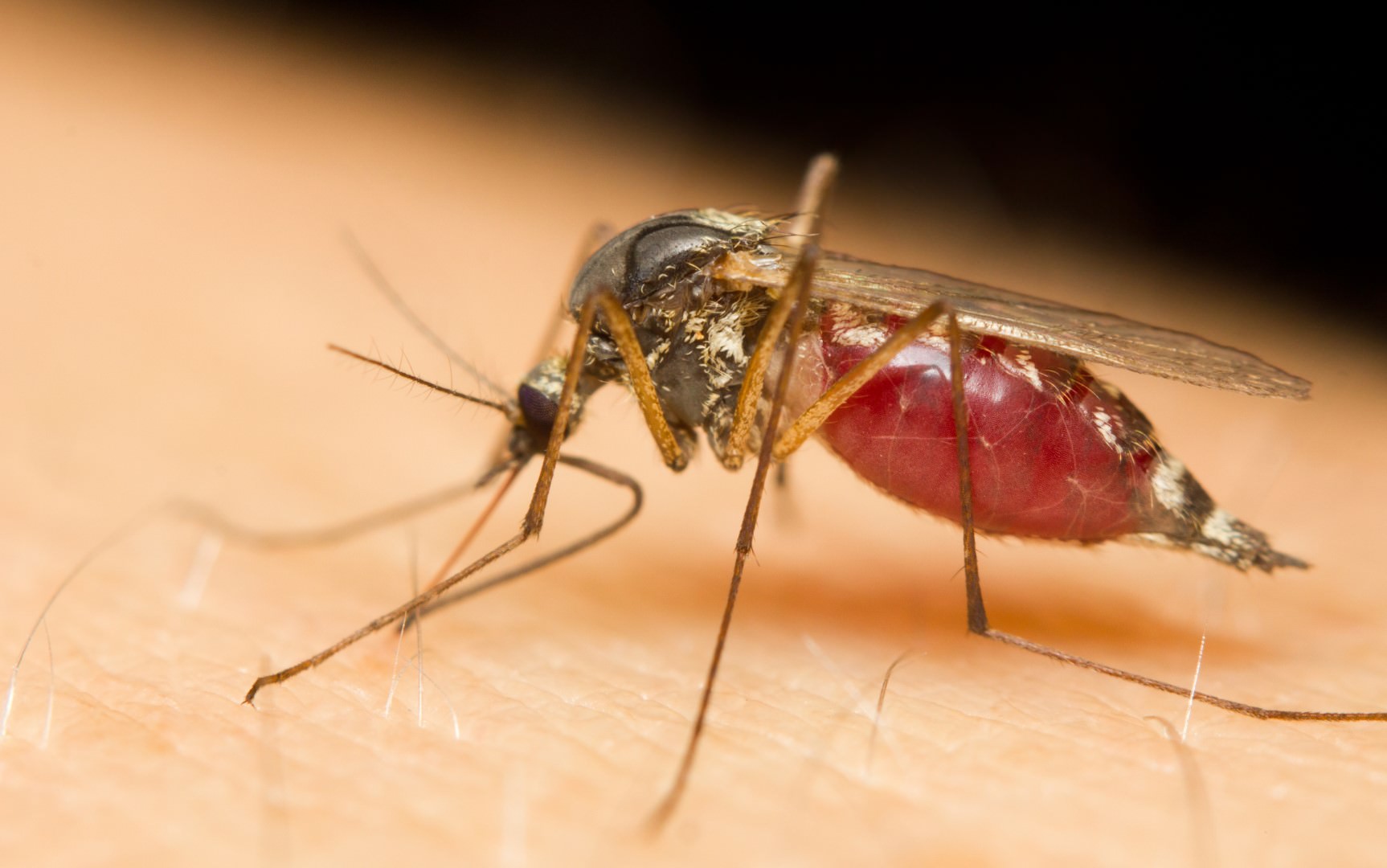How Are You Attracting Mosquitoes?
It’s an unfortunate reality that those who drew the short end of the stick have to live with: mosquitoes display surprisingly specific preferences in their pursuit of human blood. This partiality means that an unlucky proportion of humans has a higher chance of being targeted by these tiny vampires than others. What about these people, exactly, makes them irresistible from the mosquito’s perspective?
At first glance, it seems that we should all have an equal chance of being bitten. After all, mosquitoes track us using the same physiological mechanism as they look for blood to consume. As the female mosquito pursues a human host, she picks up on:
- Exhaled carbon dioxide
- Body heat
- The scent of the person’s skin and/or blood
It has been theorized that mosquitoes can show preference toward particular blood types or be more attracted to pregnant women than others. In a study on the behavior of the invasive Asian tiger mosquito, otherwise known as Aedes albopictus, researchers demonstrated that O is the most attractive blood type. A 2004 study [https://pubmed.ncbi.nlm.nih.gov/15324469/] on the Anopheles arabiensis (a type of mosquito that spreads malaria) showed that mosquitoes significantly favor pregnant individuals more than others. How was this determined? Researchers monitored pregnant and non-pregnant women sleeping in the same area over a period of 20 nights and found that pregnant women experienced almost twice the rate of bites.
Still, there is widespread debate about what attracts mosquitoes and what does not. This is partially because mosquito’s preferences are not based only on the blood type and reproductive status of that individual but also on the hundreds of chemical compounds produced by human skin. Microbial communities present on the skin – the same ones responsible for body odor also play a direct role in the degree to which you will be seen as attractive by various mosquito species. For instance, people who have a higher concentration of bacteria on their skin, but lower diversity of them, are especially delicious to the mosquito species, Anopheles gambiae.
Speaking of preferences according to species, there are about 3,000 species of mosquitoes that exist throughout the world – but don’t worry, not all of them prefer humans. The species you must be most wary of, out of the 176 types that reside here in the States, include:
- Anopheles genus (this genus contains the species that spread malaria)
- Aedes genus (responsible for diseases such as Yellow Fever and Zika virus)
- Culex genus (species in this genus are responsible for the spread of West Nile virus and different types of encephalitis)
These are some of the most common species groups in the United States that are notorious for biting people. All three of them have species that can be found in Arizona, so, unfortunately, we don’t get off easily. Luckily, though, commercially available methods of repelling these biters (sprays, candles, nets, etc.) are based mainly on the groups listed above. Still, this does not mean these repellent methods are any less effective against other types.
Several types of mosquito repellents were tested against one another and natural alternatives (essential oil-based products) in a study back in 2004. The products were found to be effective in preventing mosquito bites for anywhere in the average range of 0.9 hours to 7.2 hours. Still, not everyone has the same access to these products, and further, some may be allergic to them. How, then, do those individuals make themselves less desirable for mosquitoes? Research has shown that the use of five specific types of essential oils can provide substantial protection against mosquitoes when used at concentrations above 10%:
- Bourbon
- Geranium
- Clove (the first of two of the most effective oils)
- Peppermint
- Thyme (this was the second most effective essential oil)
Note that cedarwood was tested as well; however, it failed to repel mosquito bites. No matter what essential oil or repellent spray you use, though, you can’t thoroughly protect yourself without removing the source entirely. For that, call locally and family owned Platinum Pest Management.
If you’re struggling with a mosquito infestation, the best thing you can do to make your home less attractive to them is to get help from our expert team. You can choose to have our well-trained technicians address the problem according to a monthly, bi-monthly, or quarterly plan – whatever works best for you. Get in touch with us today for a free estimate and to secure your home from these biting bugs.





